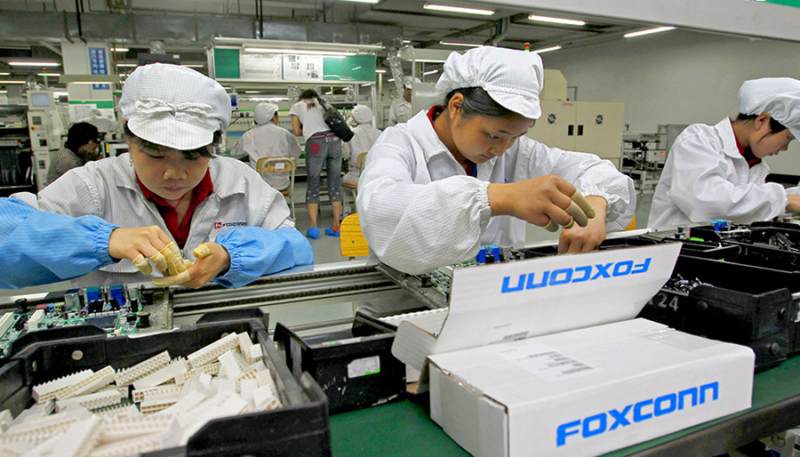Apple suppliers based in China are facing production delays just ahead of the busy holiday shopping season, due to the widespread power outages occurring in the country, says a new report from Nikkei Asia.
Widespread power outages in China are reigniting a push by tech manufacturers to shift production away from Asia’s biggest economy, with suppliers to Apple, Amazon and others scrambling to keep production on track ahead of the busy holiday season.
At a midsize electronics accessories maker in Zhongshan, Guangdong Province, power outages have become the new normal.
Nikkei said one of its sources told it that power outages had been sporadic since mid-September, but that now they get notices every week telling them which days the following week that power will be cut.
Apple suppliers had reportedly warned in the past that power cuts were threatening supply chain continuity, but concerns have continued to grow that the disruption will last until the end of the year or longer.
Suppliers are also reporting it is “confusing” over who will receive power and who won’t from week to week.
“It is very chaotic and confusing. Some suppliers managed to secure power supplies based on their friendly relations and negotiations with the local governments, while some were affected badly,” an executive at an Apple supplier told Nikkei Asia.
Many large Chinese tech suppliers, such as emerging iPhone assembler Luxshare and its subsidiaries across different provinces, were also spared from the power suspension, according to three people familiar with the matter.
Apple is looking to boost initial production of this year’s iPhone 13 models to 90 million units through the end of the year, an increase of up to 20% over the production of last year’s iPhone 12 series.
(Via MacRumors)


